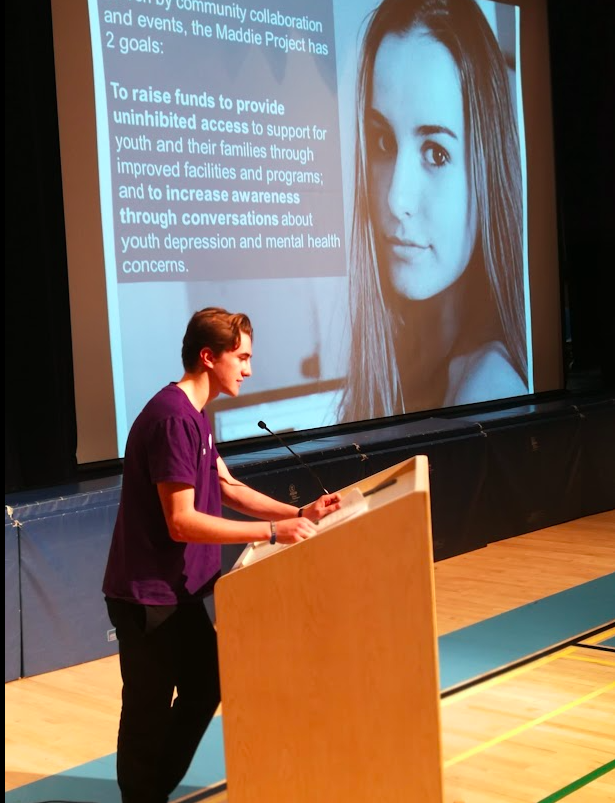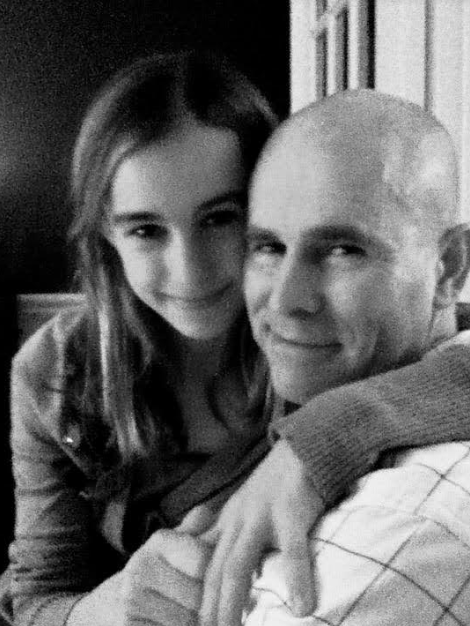
Why ‘Tough Love’ Is the Wrong Answer for Struggling Teens?
Tough love doesn’t build resilience, it pushes teens into silence. When struggling, they don’t need more pressure; they need to feel heard. Adding stress triggers shutdown, not motivation. Real growth happens when teens feel supported, not judged. Instead of pushing harder, try listening first. Because the strongest foundation for success isn’t fear, it’s trust. Your teen needs you, not just your rules.

Schools Teach These Topics, But Won’t Talk About Sensitive Mental Health Topics
Schools teach about war, genocide, and oppression, but avoid suicide, addiction, and trauma. Why? Ignoring mental health doesn’t protect students; it isolates them. If we can discuss the darkest moments in history, we can talk about the struggles teens face daily. It’s time to stop treating mental health like a side note and start real conversations that save lives. #MentalHealthMatters

What If Emotional Intelligence Became the New Standard of Success?
What if IQ isn't enough for true success? Emotional intelligence (EQ) predicts success better than grades ever could, yet schools ignore it. IQ opens doors, but EQ keeps them open, building empathy and resilience. Learn why EQ matters most—and how teaching emotional skills to your teen can transform their future.

The One Thing That Separates a Great Mentor from a Bad One
The one thing that separates a great mentor from a bad one? Alignment between words and actions. A great mentor doesn’t just give advice—they live it. They build trust, challenge you, and guide by example. They push when needed, listen when it matters, and stay in your corner when things get tough. If you want real growth, find a mentor who walks the walk—not just talks the talk.

Schools Fear the Suicide Conversation: Why That’s Dangerous?
Nearly 1 in 4 Canadian teens have thought about suicide, yet most schools and parents avoid discussing it. Silence increases isolation, while open conversations reduce stigma and save lives. This guide helps parents start critical conversations with their teens about suicide, empowering families to connect, recognize warning signs, and support their teen’s mental health effectively.

What Schools Get Wrong About Mental Health (And How Students Would Fix It)
Schools claim to support mental health, yet 94% of students say the programs don’t help. They sit through uninspired assemblies, listening to content that doesn’t resonate—then nothing changes. If mental health support isn’t working, why aren’t we letting students have a say in designing it? It’s time to stop guessing what they need and start listening. Here’s how to fix it.

Nearly 1 in 4 Teens in Canada Considers Suicide, Yet Schools Remain Silent
Nearly 1 in 4 Canadian teens consider suicide, yet schools often avoid discussing it. Suicide is the second leading cause of youth death, yet conversations remain taboo. Silence increases isolation, while open dialogue can save lives. Learn why discussing youth suicide matters—and how talking openly can make a life-saving difference.

The Loneliest Part of Grief? When Everyone Else Moves On
The hardest part of grief isn’t the loss—it’s what comes after. When the texts stop, the check-ins fade, and life moves on for everyone else, you’re left in the silence, still carrying the weight of loss. Grief doesn’t follow a timeline, and healing isn’t about “moving on.” Learn why support beyond the funeral matters and how to truly be there for someone who is still grieving.

The Reason Your Teen Won’t Talk to You (It’s Not What You Think)
Struggling to get your teen to talk? The real reason they stay silent isn’t what you think. Most teens shut down because they don’t feel emotionally safe—not because they don’t want to share. Learn how to ask better questions, avoid common mistakes, and create moments where real conversations happen. Master the game of teen communication and start winning their trust today.

Schools Are Failing Our Kids, And It’s Not Just About Grades
Schools are failing to address the mental health crisis among youth. 1 in 5 Gen Z Canadians haven’t felt happy in the past year, and fun levels have plummeted since 2019. Academics alone won’t prepare kids for life: emotional resilience, social skills, and well-being must be prioritized. It’s time for schools to take responsibility. The future of Canada depends on it.

1 in 4 Teens Have No Friends: Why Our Kids Are Struggling
We’re in a friendship recession—1 in 4 Canadians have zero close friends, and social anxiety is skyrocketing. Gen Z is lonelier than ever, with fun levels dropping drastically since 2019. Digital connection has replaced real friendships, leaving kids isolated. This crisis isn’t just sad—it’s shaping their future. It’s time to rebuild connection, one real conversation at a time.

I Had Everything in High School, But No One Knew What I Was Hiding
In high school, I had everything: sports, popularity, good grades. But inside? I was insecure, constantly questioning myself. The truth is, even the most confident-looking teens struggle. They just learn to hide it. Without a safe space, they bottle it up, seek validation in the wrong places, and fear asking for help. That’s why mentorship matters. Who made a difference in your life? Now, imagine being that person for someone else.

The Hidden Truth About Rewards, Punishments, and Raising Resilient Kids
Parenting isn’t about control. It’s about connection. Shifting from punishment to partnership empowers teens to grow. By celebrating wins, listening deeply, and modeling resilience, we create trust instead of conflict. The Gap and the Gain teaches us to measure progress, not shortcomings, and reminds us: practice what you preach. Parenting success starts with fostering accountability, empathy, and love.

I Missed the Signs: Why Every Teen Needs Someone Who Listens
The signs your teen is struggling are often subtle—changes in mood, withdrawal, or a quiet “I’m just tired.” We brush them off, waiting for something more obvious. But by then, it might be too late. Teens won’t always say, “I need help,” but they show it in other ways. The key is noticing, listening, and creating a space where they feel safe to open up. Are you paying attention?


Are Schools Getting Mental Health Wrong? 5 Head-Scratching Stats
Schools measure grades, attendance, and test scores, but not mental health. 75% of mental health conditions start before age 18, yet most schools lack real intervention. Half of students say their mental health impacts learning, but only 14% feel supported. Ignoring this isn’t just failing students, it’s failing the future. It’s time to track, improve, and prioritize mental well-being in education.

Why Your Teen’s Rebellion Might Be the Best Thing for Your Relationship
Parenting a teen can feel like a battle, but what if their pushback isn’t rebellion, but growth? That first eye roll, that first "No". It’s not about defiance; it’s about independence. The challenge? Staying connected while giving them space to grow. A mentor can bridge the gap, offering guidance without the daily battles. Because the teenage years aren’t a war zone, they’re the foundation for their future.


